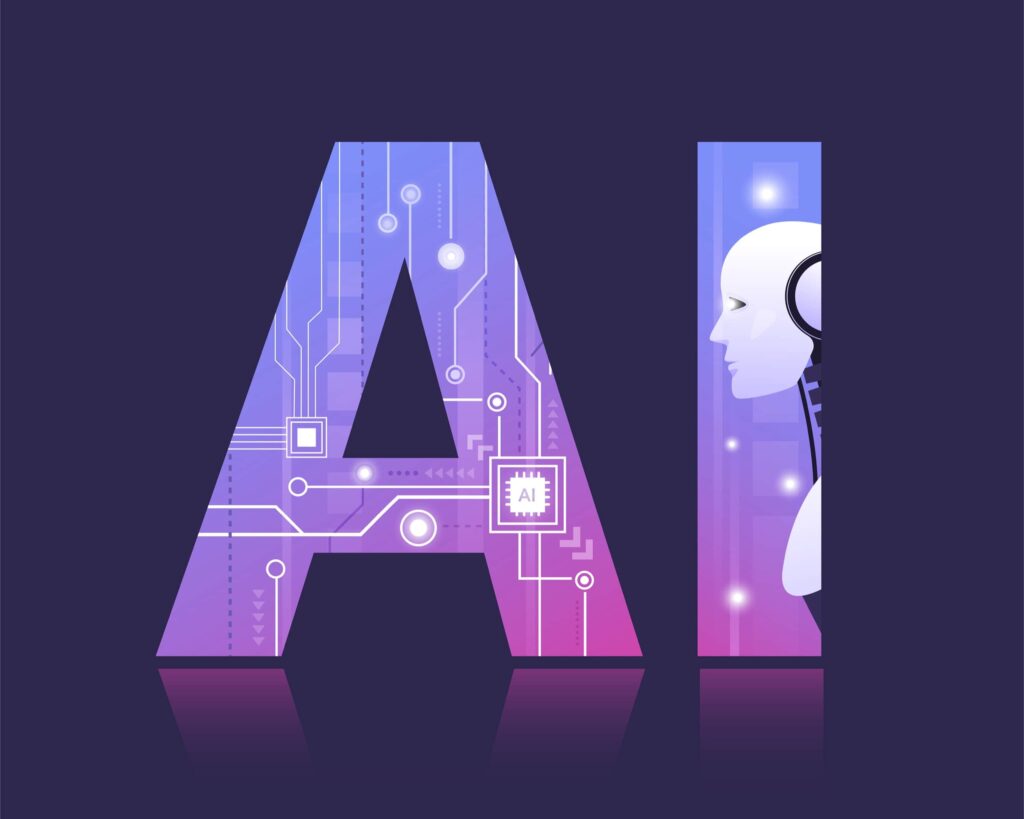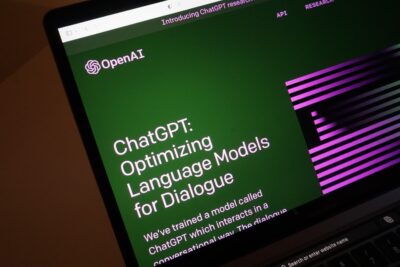Artificial Intelligence (AI) is a transformative technology that has revolutionized various sectors and enhanced our daily lives. However, the evolution of AI brings potential risks and challenges, making it crucial to critically examine the possible future risks associated with its development and deployment. This essay explores some key risks that could arise as AI progresses, emphasizing the need for responsible development and ethical considerations.
1. Ethical Implications:
As AI becomes more powerful and autonomous, ethical concerns become increasingly pertinent. The decisions made by AI systems may impact human lives, privacy, and societal values. AI algorithms can perpetuate biases, discrimination, or unfair practices if not designed and programmed carefully. The potential for unintended consequences poses risks requiring robust ethical frameworks, transparency, and accountability to prevent misuse of AI technology.
2. Unemployment and Economic Disruption:
The rapid advancement of AI technologies has raised concerns about the possibility of human labor displacement. As AI systems continue to improve their capabilities, there is a potential for them to automate various tasks, which could result in significant job losses across different industries. This shift could cause economic disruption, social inequality, and a growing divide between those who benefit from AI and those who are unemployed or have limited employment opportunities. It is essential to take adequate measures to ensure a smooth transition and provide retraining programs to address potential societal impacts.
3. Autonomous Weapon Systems:
Developing autonomous weapon systems is one of the most concerning risks associated with AI. As AI progresses, there is a possibility of creating intelligent machines that can make life-or-death decisions without human intervention. The deployment of such weapons raises ethical and moral dilemmas, as there is a risk of unintended consequences or catastrophic outcomes. To prevent the escalation of conflicts and ensure human control over critical decision-making processes, international regulations and frameworks must be established to govern the use of AI in military applications.
4. Privacy and Data Security:
Artificial intelligence (AI) systems need much data to learn and make accurate predictions. However, collecting and using personal data can raise concerns about privacy and data security. AI algorithms can be vulnerable to data breaches, unauthorized access, or misuse if not properly protected. Moreover, expanding AI capabilities can lead to mass surveillance and eroding individual privacy rights. It is essential to balance data-driven innovation and protecting individual privacy rights to mitigate these risks.
5. Superintelligent AI:
While we may be years away from achieving superintelligent AI, it is crucial to consider its potential risks. Superintelligent AI refers to AI systems that surpass human intelligence across all domains. The challenge lies in ensuring the alignment of AI goals with human values and preventing scenarios where AI systems act in ways that could be detrimental to humanity. Developing safety measures, ethical guidelines, and frameworks that enable humans to retain control and understand the decision-making process of superintelligent AI is essential to avoid unintended consequences.
Conclusion
As artificial intelligence (AI) continues to advance and become more prevalent across various aspects of our lives, we must be mindful of its potential risks. Areas such as ethical considerations, employment impact, autonomous weapon systems, data privacy and security, and the future implications of superintelligent AI require our vigilance and proactive measures. Responsible development, transparent practices, and interdisciplinary collaboration involving experts from diverse fields are crucial to maximizing the benefits of AI while minimizing its potential risks. By addressing these risks proactively, we can pave the way for a future where AI technology can be used for the betterment of humanity.



